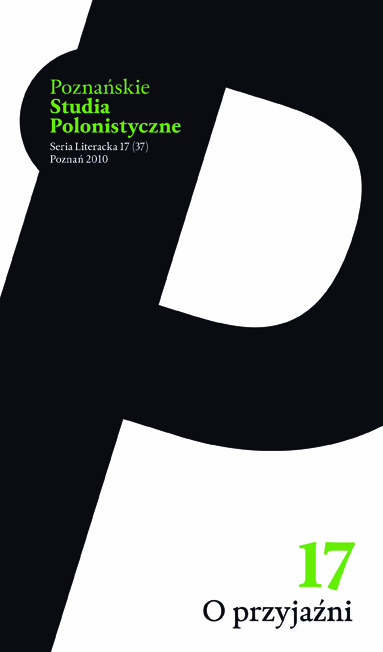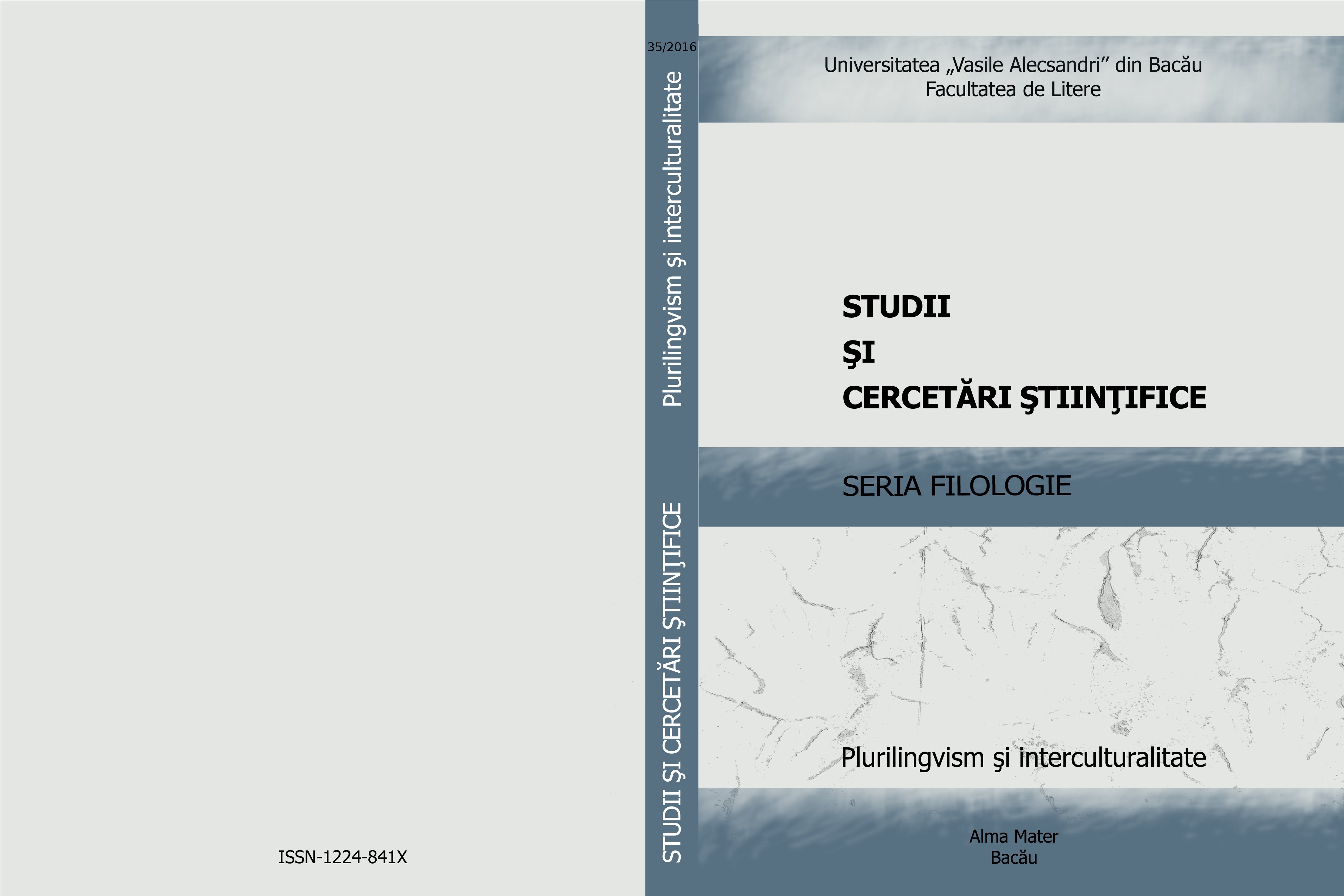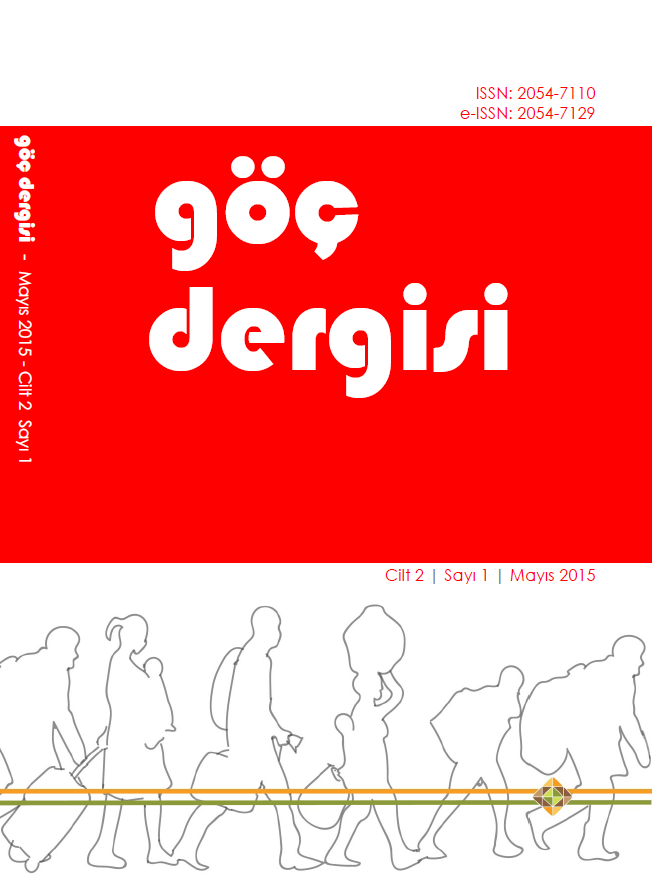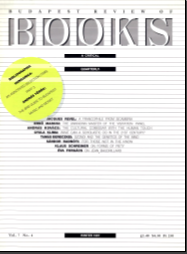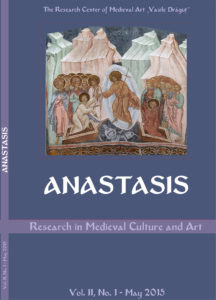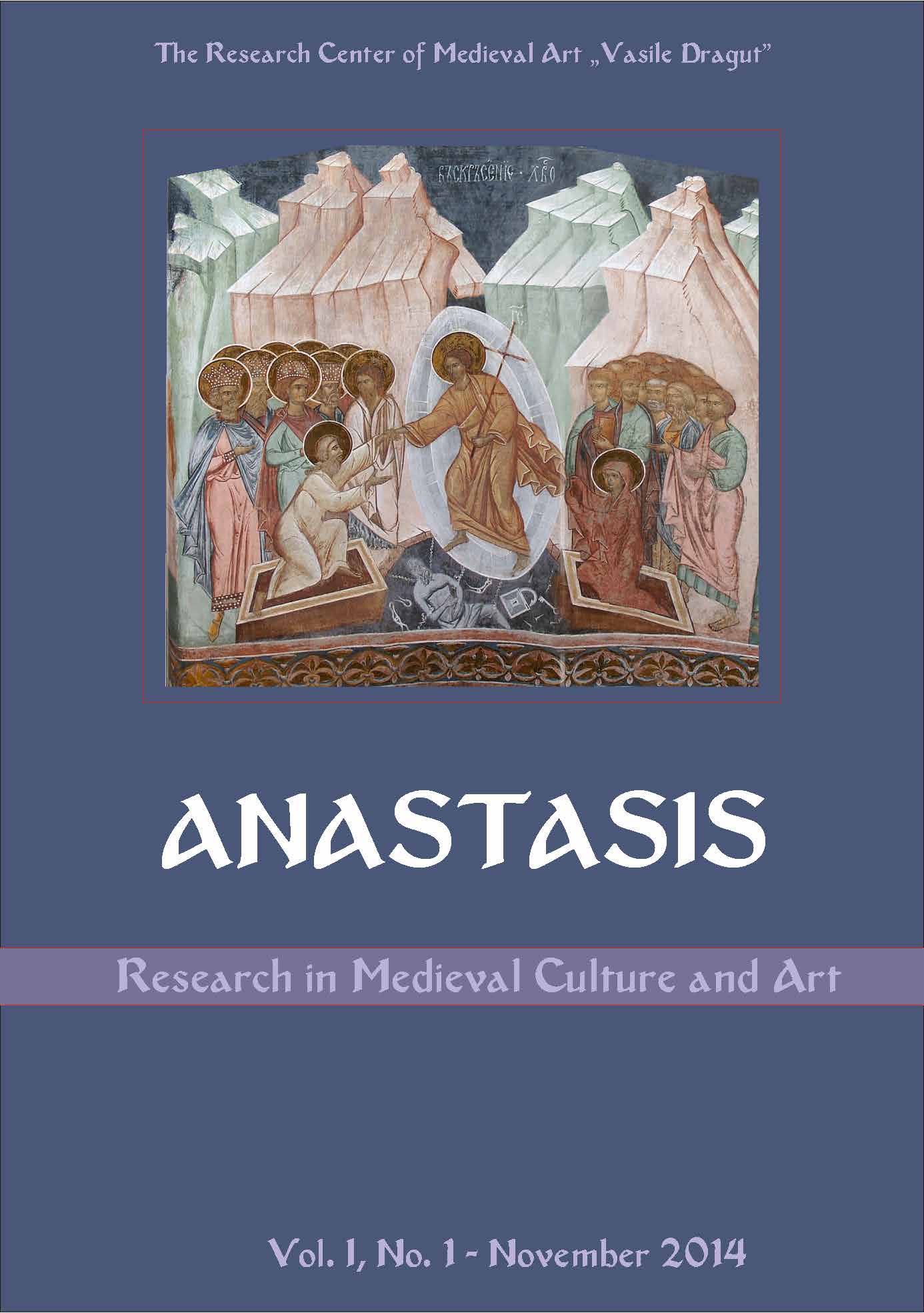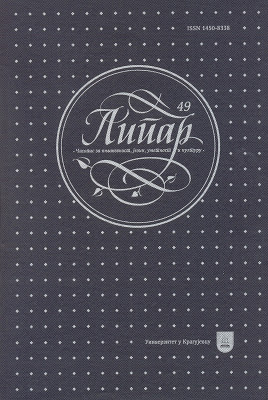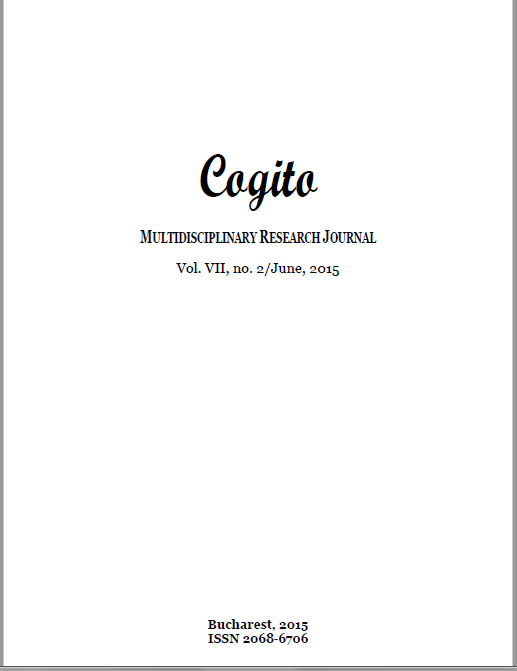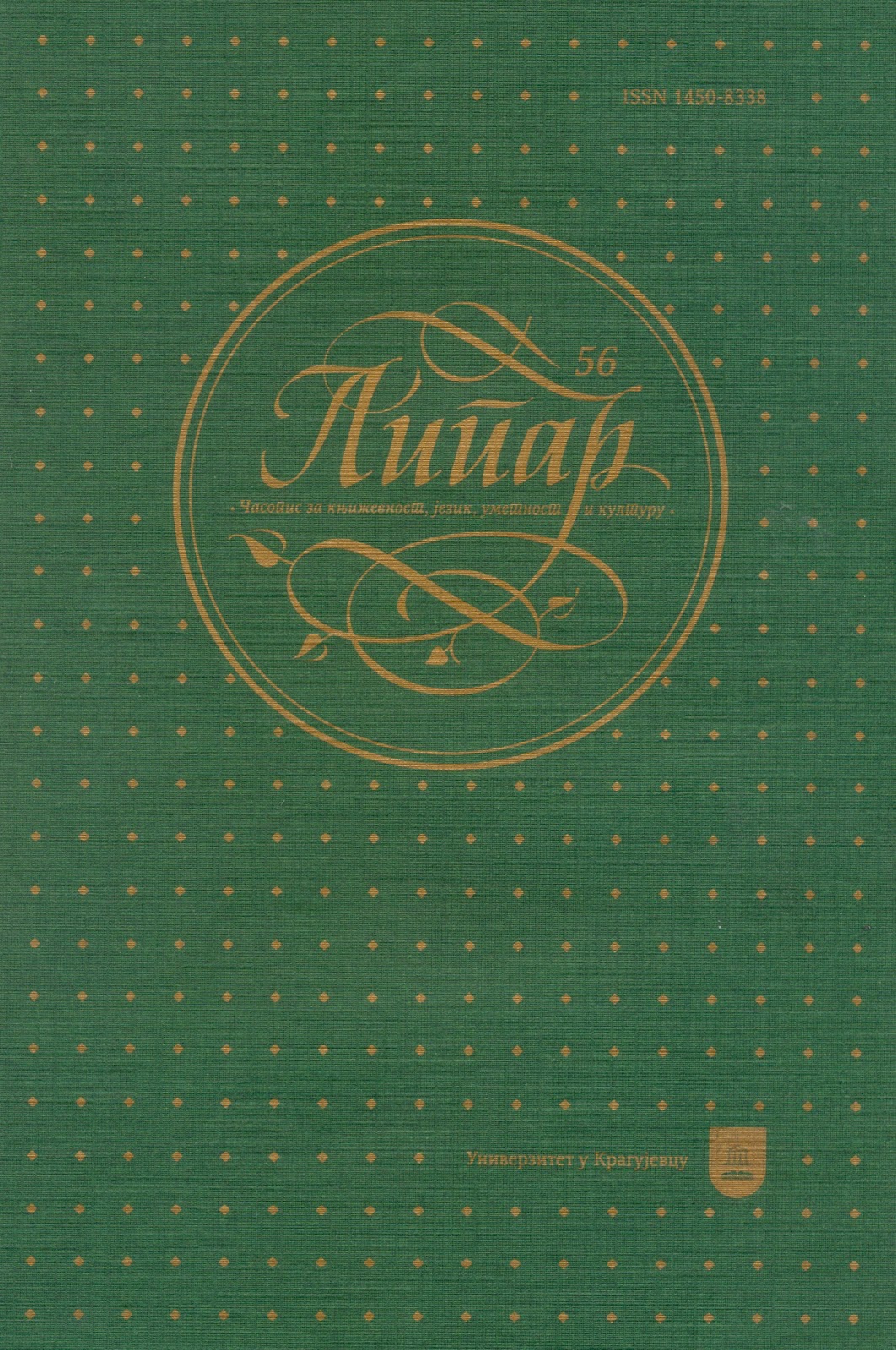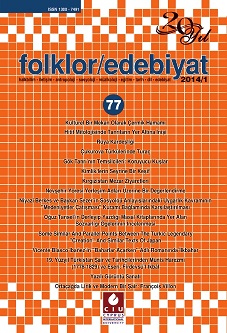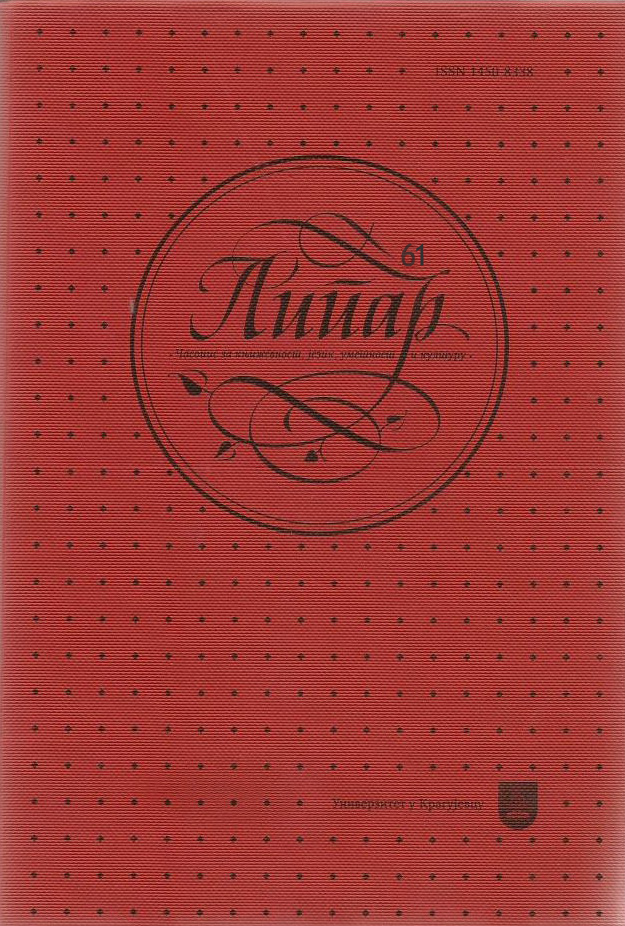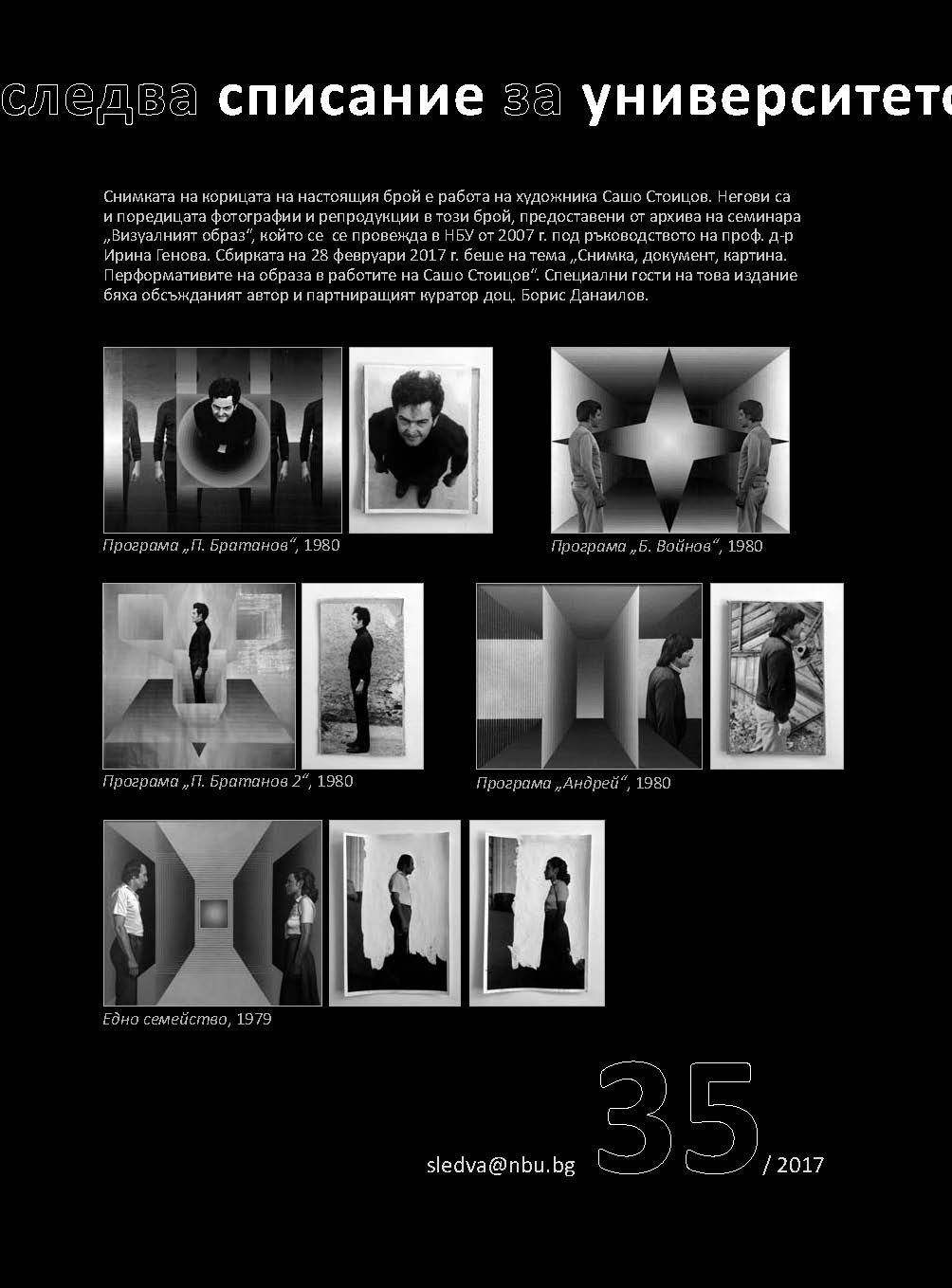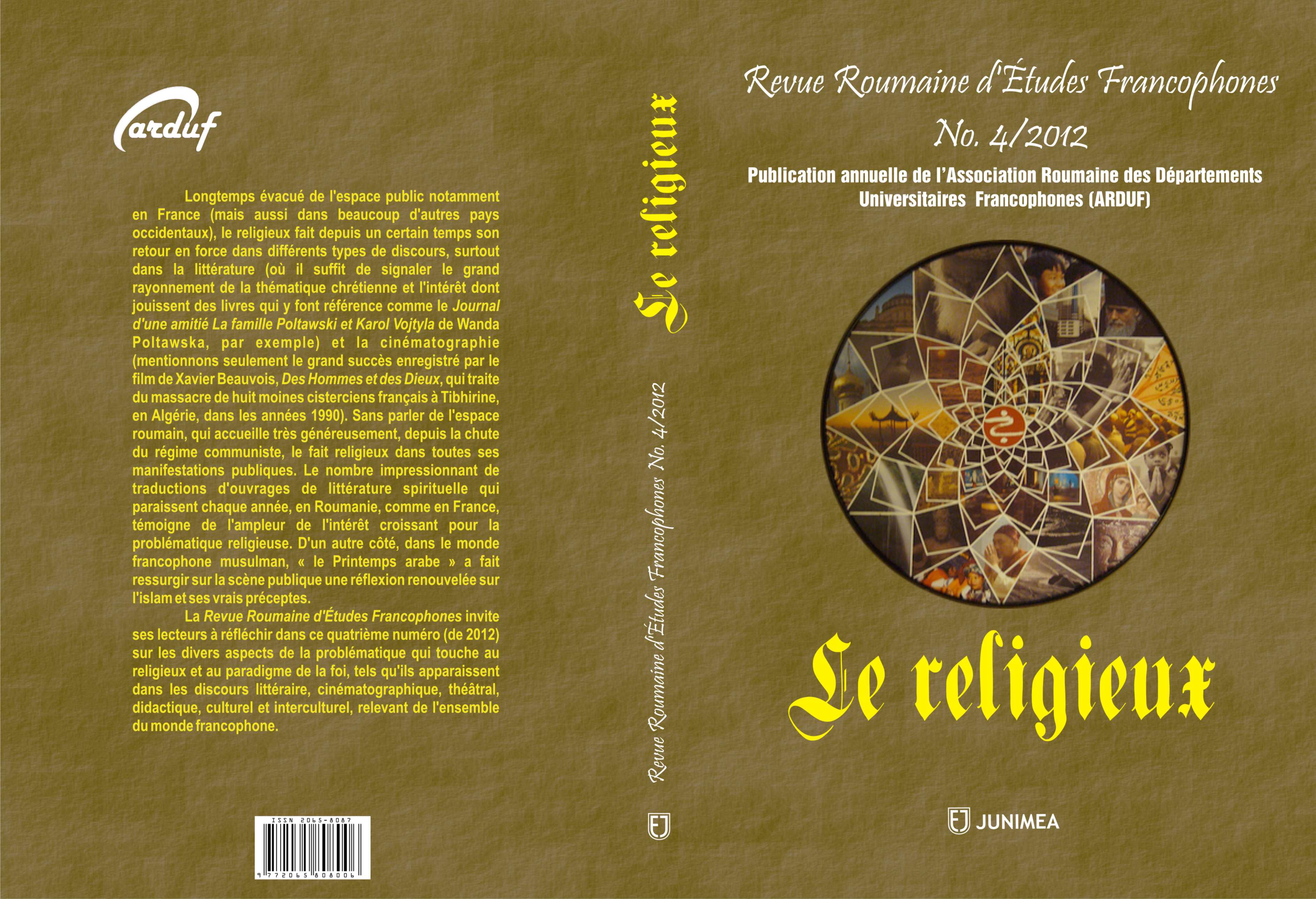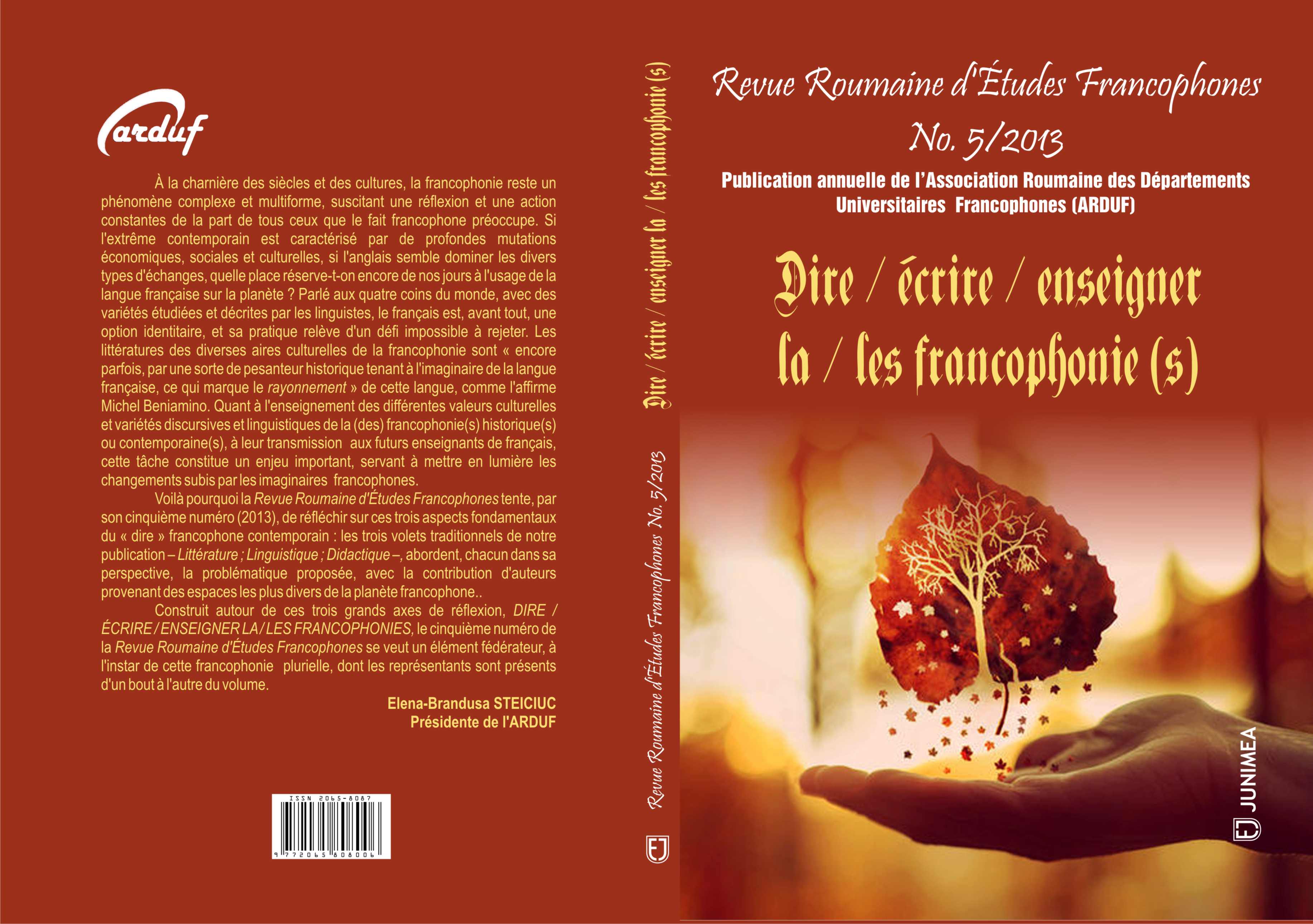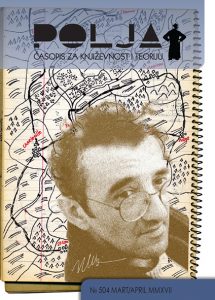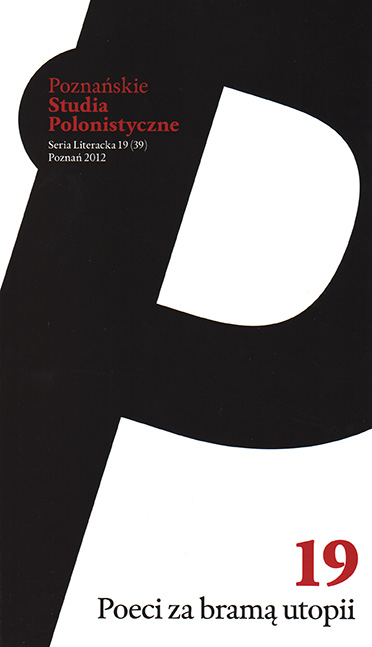
„Autor to właśnie ja”: Gve Flaubert, czyli pisarz-rękopis
The article attempts to present and discuss the juvenile works of Gustave Flaubert. Though the writer never allowed these juvenile works to be published, being extremely critical of their aesthetic value, the works such as November, Memoirs of a Madman or the diary-form Cahier intime de 1840–1841 still make important texts that provide a sizeable amount of information on the writer’s literary workshop. Interestingly enough, these early works show the writer’s attachment to the manuscript (tantamount to the dislike to the written word) and the author’s tools (pen, ink and paper). These juvenile attempts, in the main autobiographical in nature, are thus penetrated by the metatext element that is a key input in providing an opportunity for a reflection on the way the text itself does exist: this element also informs us on Flaubert’s growing maturity that ultimately defined his role of a fully-fledged author. The paratext elements (epigraphs, dedications, inscriptions, dates and signatures) in his juvenile works seem to be just as important as they allow us to follow, step by step, the way to the birth of a writer-manuscript and thus a writer who gets his fulfillment and the very existence exclusively in a text of a manuscript character.
More...
